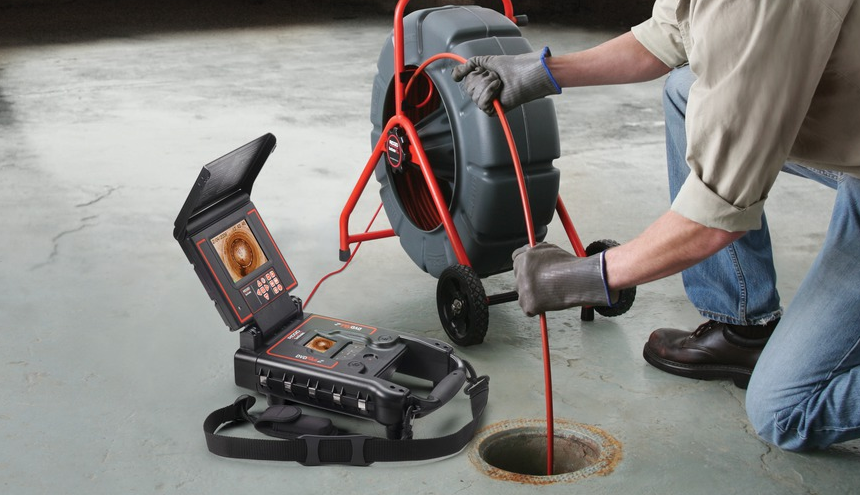- 8am to 5pm, Sat 9am - 2pm, Holiday Timings May Vary
- 323-696-9101 | 844-444-0155
- bluewaterplumbinginc@hotmail.com
Sewer inspection involves a thorough examination of the sewer system to assess its condition, identify potential issues, and determine the need for maintenance, repair, or replacement. This process is crucial for preventing problems such as blockages, leaks, or structural failures, which can lead to sewer backups, property damage, and environmental contamination. Sewer inspections are typically conducted by trained professionals using specialized equipment and techniques. Here are some key aspects of sewer inspection:
Sewer repair may be necessary for various reasons, including:

Equipment: Inspectors use various tools and equipment to examine the sewer system. One common tool is a sewer camera, which is a small, waterproof camera attached to a flexible cable. The camera is inserted into the sewer pipes, allowing inspectors to visually assess the interior condition of the pipes.
CCTV (Closed-Circuit Television) Inspection: Sewer cameras are often equipped with CCTV technology, enabling real-time monitoring and recording of the sewer pipes’ condition. This technology provides a detailed visual inspection of the pipes, identifying cracks, blockages, root intrusions, and other issues.
Access Points: Inspections can be conducted through various access points, such as manholes or cleanouts, where the camera can be inserted into the sewer system. In some cases, the inspection may involve accessing the sewer system through multiple points to get a comprehensive view.
Documentation: The inspector records findings during the sewer inspection. This documentation may include videos, images, and detailed notes about the condition of the sewer pipes, the presence of any defects, and recommendations for maintenance or repairs.
Locating Problems: Sewer inspections help locate specific problems within the sewer system, such as blockages, pipe damage, root intrusion, misalignments, and structural issues. This information is essential for developing a targeted plan for maintenance or repairs.
Preventive Maintenance: Regular sewer inspections are a crucial part of preventive maintenance. Identifying and addressing potential issues early on can help avoid more extensive and costly repairs in the future.
Compliance and Regulations: Sewer inspections may be required for regulatory compliance in some areas. Property owners, municipalities, and utility companies may conduct inspections to ensure that sewer systems meet safety and environmental standards.